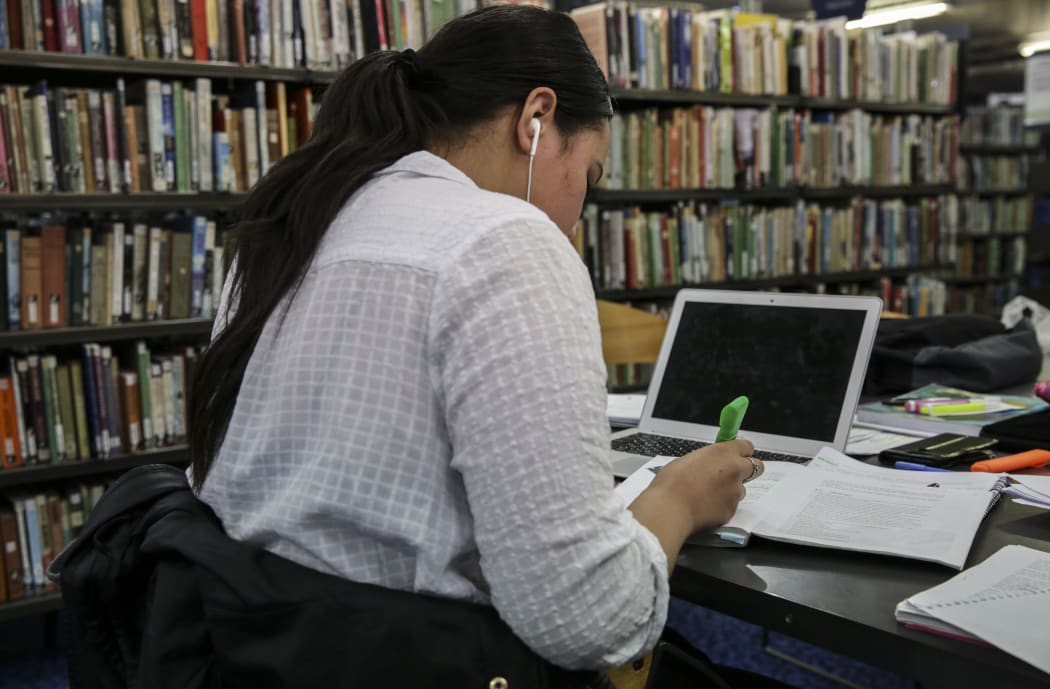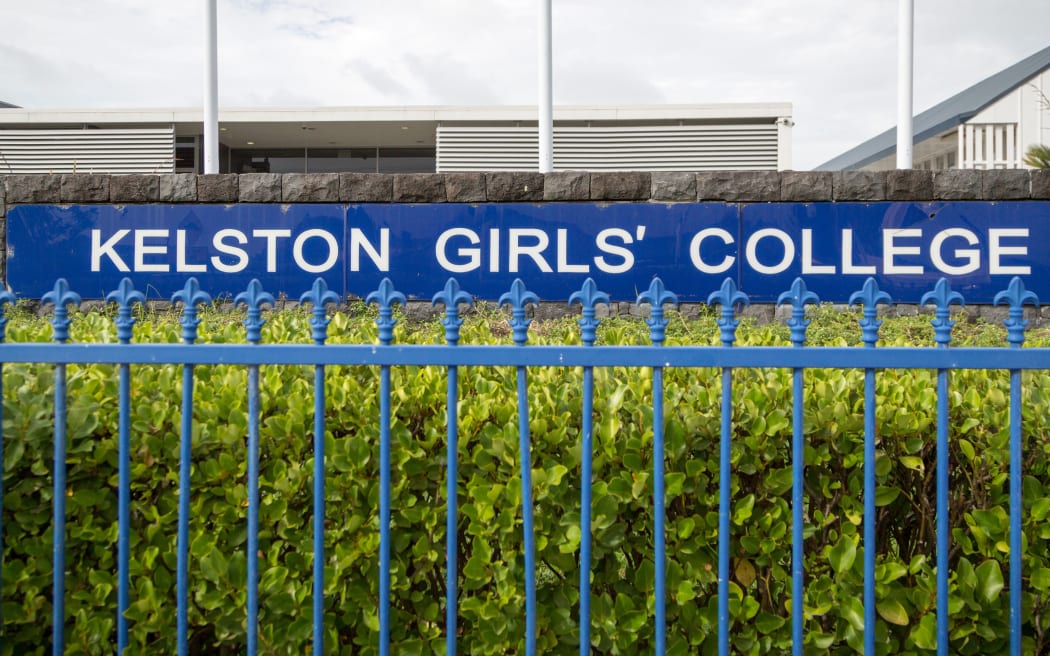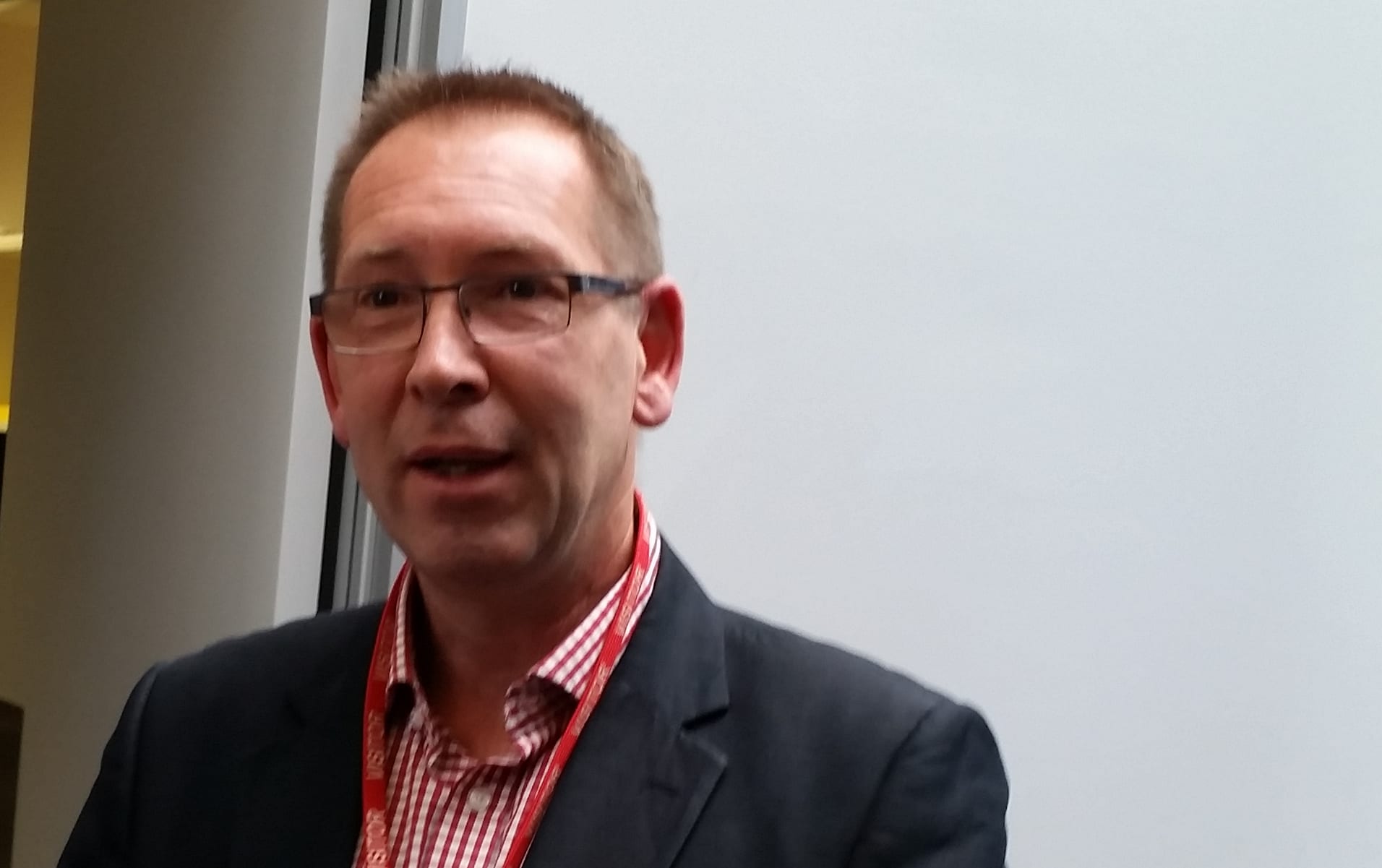Some Pacific students in New Zealand are having to choose between studying or working to provide for their families.
Findings from the Education Review Office (ERO) showed an alarming trend of declining attendance from Pacific high school students following Covid-19 impacts such as school closures and self-isolation protocols.
New Zealand's Education Ministry, teachers, and school principals are all concerned about what the findings mean for Pacific students' progress and achievement rates long term.

Student at a library Photo: RNZ / Richard Tindiller
ERO Director for Evaluation and Review for Pacific Learning Taule'ale'ausumai Violet Tu'uga Stevenson said the choice between schooling or working to help their families pay the bills is challenging.
Several secondary students were working when their parents had Covid or had lost their jobs because of it, she said.
"So some of them have been doing that part-time. Some have stayed out and that has kind of lifted the attendance issue."
The rising cost of living due to inflation was also a concern.

Photo: RNZ / Tom Furley
Kelston Girls College principal Sarah Stenton is worried some Pacific high schoolers were dropping out early to settle for low-paying jobs.
Pasifika pupils made up well over half of Kelston Girls. As for attendance, it had also decreased. Now sitting at around 70% she said.
The school lost several Year 12 and 13 students who had also turned to employment, she said.
"That is my biggest concern because they are working minimum wage jobs and they haven't got the qualifications to move into higher-level positions within the organisations they have joined. So how do we get them to that point is the big dilemma."
Manurewa High School principal Pete Jones said the last term was "catastrophic" with attendance as low as 30%.
Lack of access to digital devices and internet connection was also another barrier for students.
"We need more support. We have had devices from the ministry but there has been a delay and never enough resources. Having access to a device I would argue is a basic right, not just for students but for family."
He said NZQA must provide more support for Maori and Pacific students.

Manurewa School Principal Pete Jones. Photo: RNZ/Rowan Quinn
"Why for a country the size of NZ, can't we have a national scheme to get devices into the hands of students and whanau in low socio-economic areas?"
Jones asked NZQA to bring back learning credits for students, a default grade that would only kick in if students needed it.
"They give them that confidence and support that they're going to be able to get through the year.
If they feel like it's too hard and the disruptions have been too great then it's really hard to build confidence and to get them back fully engaged and they are more likely to go into employment."
Jones said achievement and attendance rates went hand in hand.
NCEA results are collated following the end-of-year exams. Data from the last two years showed Pacific students were being outperformed by their European/Pakeha and Asian peers.
Level 1 and 2 NCEA attainment by Pacific Year 11 and 12 students decreased by at least 5-6%, compared to 3% for Māori and 2% for Pakeha students.
"We need more teachers, councillors, social workers, devices, that's the reality," he said.
Both Stenson and Jones urged the Ministry of Education to do more for Pacific students, one week before the nation's budget announcement.


